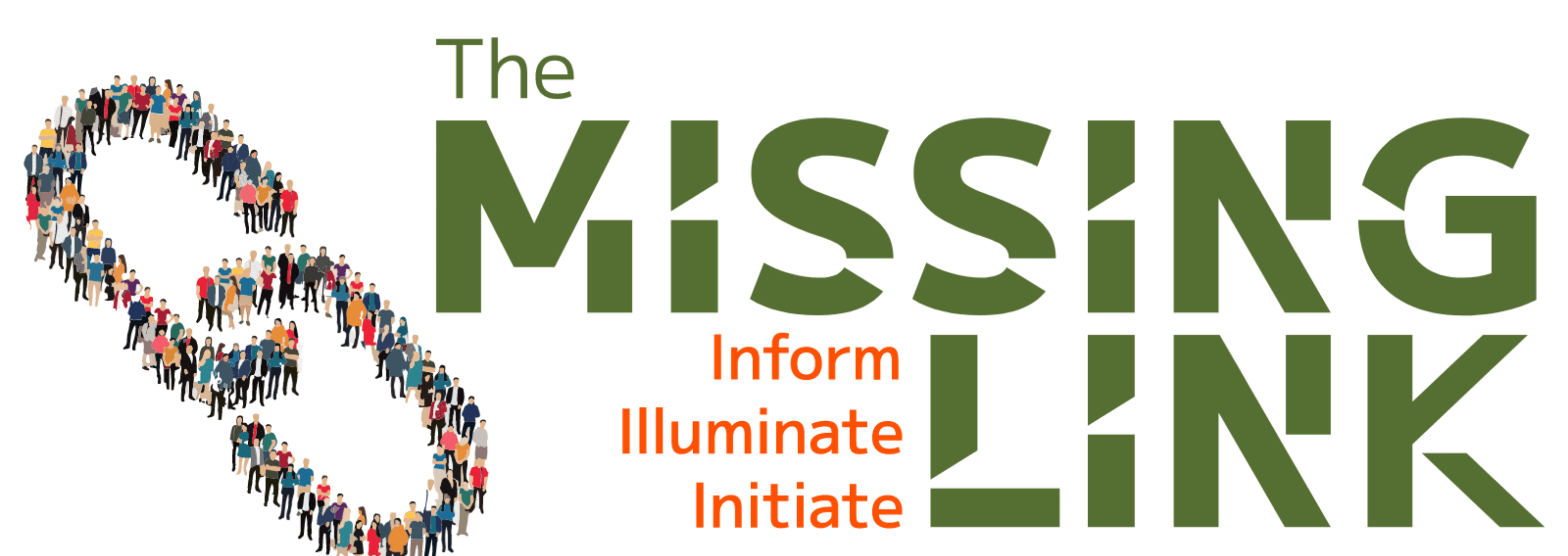Rapid industrialization started in the 18th century with advances in manufacturing and has continued to the emergence today of the Internet of Things (IoT), Artificial Intelligence (AI), and autonomous technology. Artificial intelligence is a primary driver of possibilities and promises as the Fourth Industrial Revolution unfolds.
What is AI?
With the development of computers or machines, their potential to perform various tasks went on growing rapidly. While exploiting the power of the computer systems, human curiosity led scientists to wonder, “Can a machine think and behave as humans do?”
Thus, the development of Artificial Intelligence (AI) started with the intention of creating similar intelligence in machines that is regarded highly in humans. Artificial intelligence (AI) focuses on developing Expert Systems − systems which exhibit intelligent behaviour, learn, demonstrate, explain, and advice its users and implementing Human Intelligence in Machines − creating systems that understand, think, learn, and behave like humans.
Intelligence is the ability of a system to reason, perceive relationships and analogies, learn from experience, store and retrieve information, solve problems, calculate, comprehend complex ideas, use human languages fluently, classify, generalize, and adapt to new situations.
AI in real
While the concept of AI seems new to many, it has been around for decades. The phrase “artificial intelligence” was coined in 1956, and was wildly popular for several years, with researchers optimistic that a fully intelligent machine was imminent. AI waned in popularity as development and implementation turned out to be really difficult with existing technology. Today, supporting technologies have matured to the point where AI is now practical and effective.
Digital life is augmenting human capacities and disrupting age-old human activities. From smartphones to chatbots, AI is already ubiquitous in our digital lives. The momentum behind AI is building, thanks in part to the massive amounts of data that computers can gather about our likes, our purchases and our movements every day. And specialists in artificial intelligence research use all that data to train machines how to learn and predict what we want or detest.
Talking about AI in our lives, it is everything from a computer being able to read a handwritten document like an OCR reader to a robot performing complex surgery on its own or a massive database categorizing your personality based on what you’ve written and looked at online. Code-driven systems have spread to more than half of the world’s inhabitants in ambient information and connectivity, offering previously unimagined opportunities and unprecedented threats.
The higher the developments in artificial intelligence, the clearer it becomes that this massively powerful tool comes with a great deal of responsibility.
How will AI change the world?
The rise of artificial intelligence will make most people better off over the next decade. Though AI will amplify human effectiveness it is also a threat to human autonomy and capabilities.
“Smart” systems in communities, in vehicles, in buildings and utilities, on farms and in business processes will save time, money and lives and offer opportunities for individuals to enjoy a more-customized future.
AI systems are already primed to take over thousands, if not millions of jobs. Any job that consists of a human taking down information from other humans, and inputting it into a system is likely to go obsolete. As self-driving cars, self-operating drones, and other conveyors from A-to-B get more complex, jobs like truck drivers, and delivery services may be lost. Factories are also becoming fully automated.
But as society changes to accommodate an all-machine service world, it’ll also open up new jobs for the next generation like programming machines, repairing and maintaining robots, and developing new and better systems. Notably, machines are also primed to take over dangerous jobs. Firefighting, mining, deep-sea oil drilling, construction, and other careers with high mortality rates will be replaced by machines that can’t get sick or hurt. It is believed that the world might be a brighter and more rewarding place with machines taking over duller and more hazardous jobs.
Future of AI
As futurists try to plan out a rapidly changing and advancing world, the biggest hurdle isn’t technological, but economic and political. Just a few tech monopolies control the latest breakthroughs and while we hope that AI will help advance our society, it may just end up working to benefit the tech industry and only those who can afford to take advantage of cheaper, smarter human replacements. This may be to the detriment of society.
Analysts expect that people will become even more dependent and the increasing dependence on AI and related systems is likely to lead to widespread difficulties. On the positive side, some feel that our lives get augmented with technology that will enhance human capacities and empower them. A recent survey claims that 63% of respondents are hopeful that people will be better off by 2030 while 37% said people will not be better off.
“In short, the rise of powerful AI will be either the best, or the worst thing, ever to happen to humanity. We do not yet know which.”– Stephen Hawking






